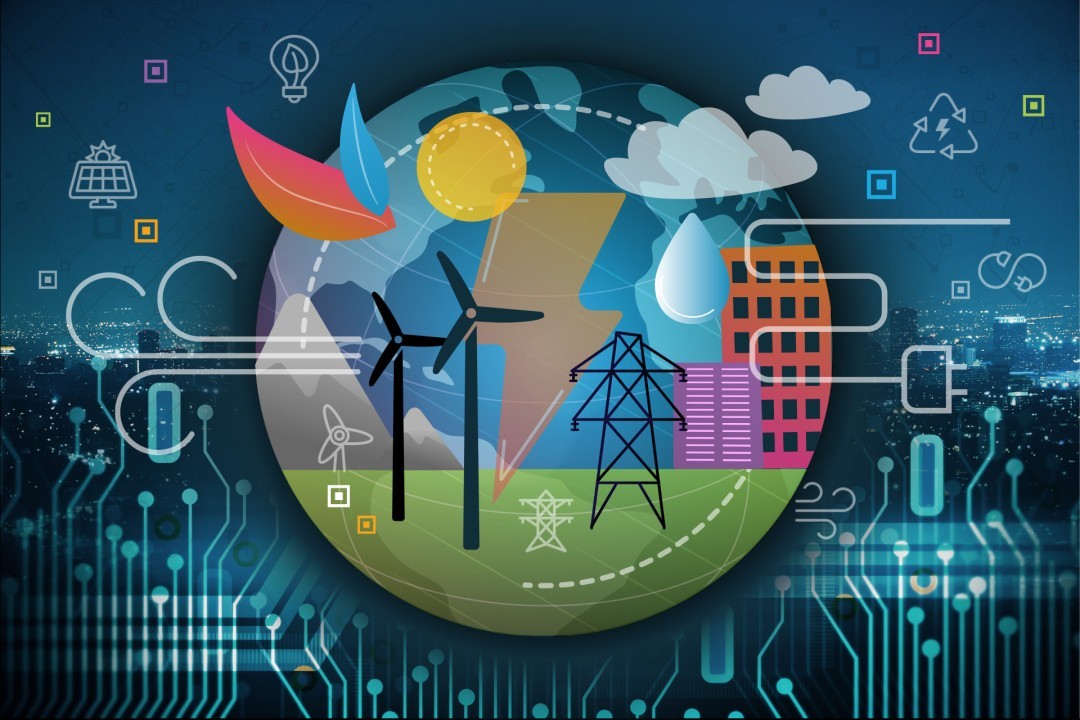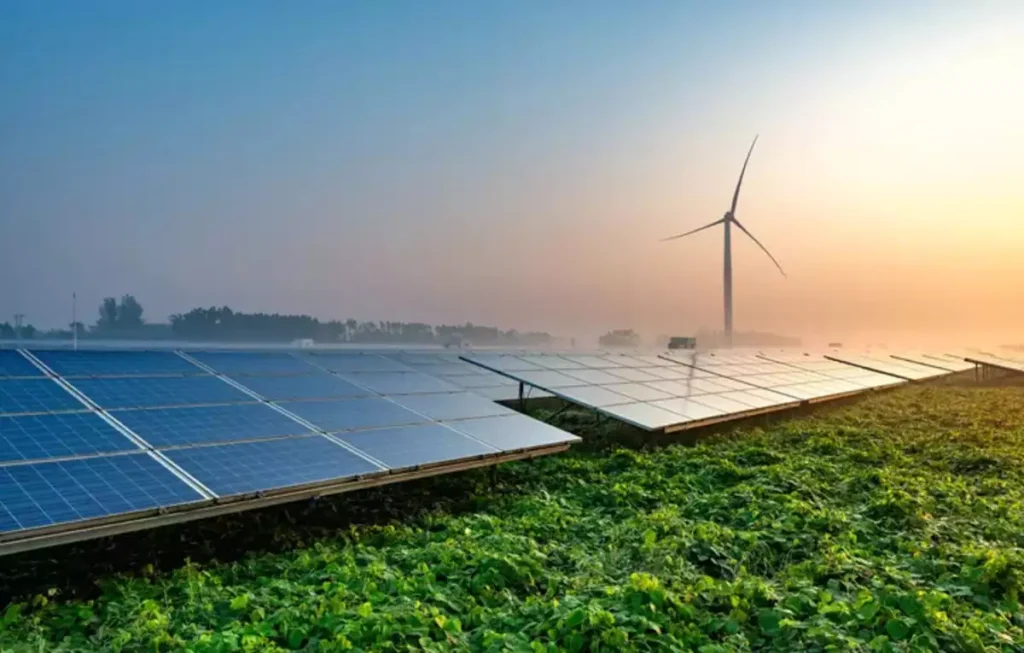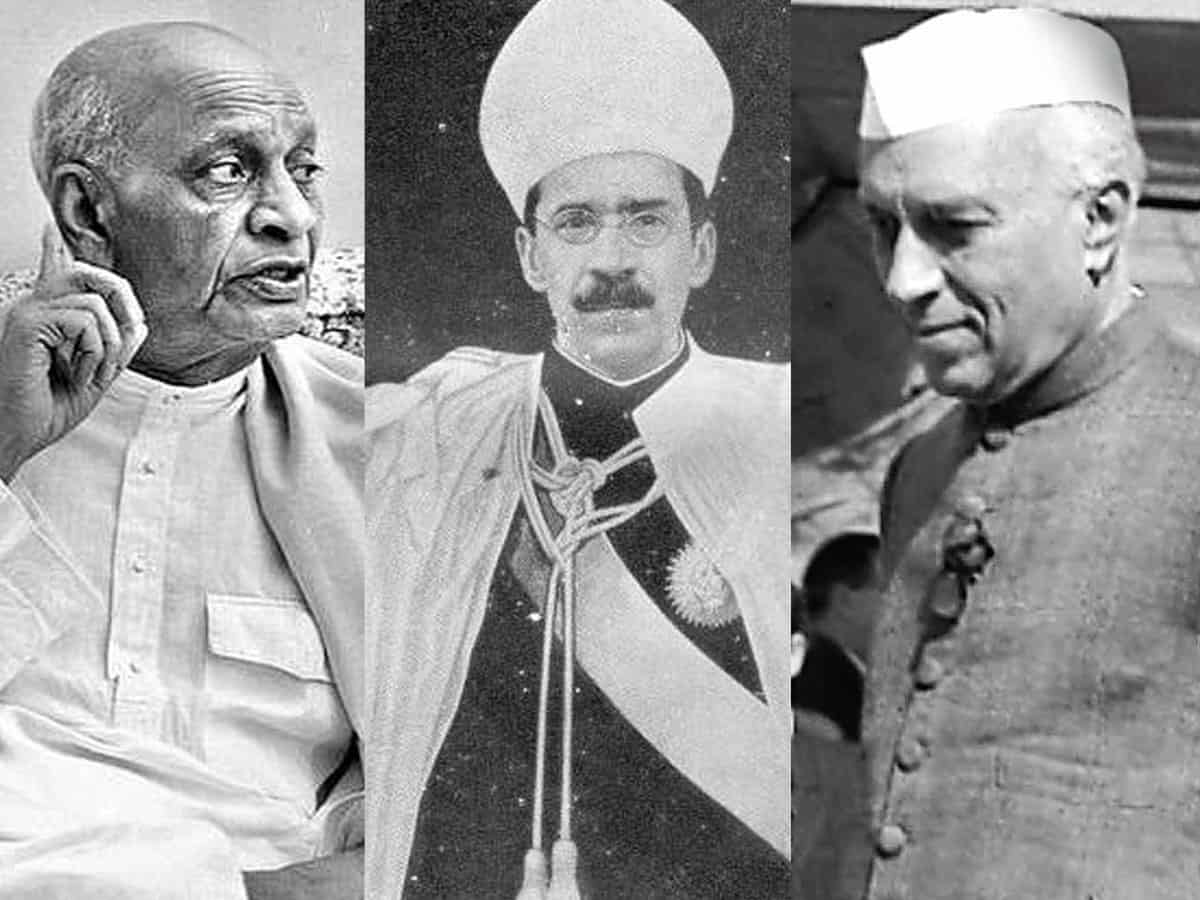
- Introduction
- 1. Availability
- 2. Accessibility
- 3. Affordability
- 4. Acceptability
- Why Energy Security is Important for Everyone
- The Role of Renewable Energy in Energy Security
- Challenges to Energy Security
- How Countries Are Working to Improve Energy Security
- Conclusion
Introduction
Energy is what makes everything work in the world around us. We need energy to cook food, heat our homes, run cars, and even make our phones work. Energy comes from different sources like the sun, wind, water, and fuels such as oil and coal. But how do we make sure we always have enough energy to do all these things? This is where energy security becomes important.
Energy security means making sure that a country always has enough energy, that it can get energy when it needs it, and that the energy is safe and affordable. Without energy security, people could face problems like power cuts or very high energy prices. Energy security helps countries keep their homes, businesses, and factories running smoothly.
To understand energy security better, we need to talk about the four A’s of energy security: Availability, Accessibility, Affordability, and Acceptability. Let’s take a look at what each of these A’s means and how they help us ensure we have the energy we need.
1. Availability
Availability means making sure there is enough energy to meet our needs. This includes finding and producing energy from different sources like oil, gas, coal, wind, solar, and hydropower. If a country doesn’t have enough energy, it can’t keep the lights on or run factories.
Example: Think about a country like Saudi Arabia, which has a lot of oil. The oil is available there because it is found underground. Saudi Arabia uses this oil to power its cities and also sells it to other countries. This is an example of energy being available to meet the needs of the people.
Quote: “Without energy, nothing moves. Without sustainable energy, the economy grinds to a halt.” – David Sandalow, Former Assistant Secretary for Policy and International Affairs, U.S. Department of Energy.
2. Accessibility
Having energy available is not enough if people and businesses can’t access it. Accessibility means making sure that the energy can be delivered to the places where it’s needed. This often means having good transportation systems like pipelines, ships, and power lines that can bring energy from where it’s produced to where it’s used.
Example: In India, the government has worked hard to make electricity accessible to villages across the country. Many villages were without electricity for years, but now, thanks to new power lines and infrastructure, even rural areas have access to energy. This has improved the quality of life for millions of people.
Quote: “Access to energy is a basic human right, essential to improving quality of life and economic opportunity.” – Ban Ki-moon, Former Secretary-General of the United Nations.
3. Affordability
Even if energy is available and accessible, it needs to be affordable for everyone. Affordability means that people can pay for the energy they need without it being too expensive. If energy prices go too high, it can make everything more costly—like food, transportation, and electricity bills.
Example: In Nigeria, the cost of fuel went up significantly, which made it harder for people to afford basic necessities. High energy prices mean that families have less money to spend on other things, like education and healthcare. Ensuring that energy is affordable is a big part of energy security.
Quote: “Affordable and reliable energy is a must for sustainable development and lifting people out of poverty.” – Jim Yong Kim, Former President of the World Bank.
4. Acceptability
The last A of energy security is Acceptability, which means that the energy we use should be safe and not harm the environment too much. Some energy sources, like coal and oil, can cause pollution and harm the planet, while others, like solar and wind, are cleaner and better for the environment.
Example: Germany has been working hard to move from using coal and oil to using renewable energy sources like wind and solar power. This shift is part of their plan to make energy use more acceptable and environmentally friendly, helping to reduce air pollution and protect the Earth.
Quote: “We need to transition to a world of clean, sustainable energy that respects our planet and its resources.” – Angela Merkel, Former Chancellor of Germany.
Why Energy Security is Important for Everyone
Energy security is important for every country because it helps make sure that people have what they need to live comfortably. Without energy security, countries can face a lot of problems. For example, if there isn’t enough energy, factories can’t make products, homes can’t stay warm, and schools and hospitals can’t run properly.
Energy security also plays a big role in the economy. When energy is available, accessible, affordable, and acceptable, businesses can grow, and countries can develop. But if energy is too expensive or hard to find, it can cause major disruptions. For example, when the price of oil goes up, transportation costs rise, which means that food, clothes, and everything else becomes more expensive too.
The Role of Renewable Energy in Energy Security
Renewable energy, like solar, wind, and hydropower, is becoming more and more important in ensuring energy security. Unlike fossil fuels such as oil and coal, which can run out one day, renewable energy comes from sources that don’t run out—like the sun and wind. Countries are now turning to renewable energy to make sure they have a steady supply of energy without relying too much on foreign countries.
Example: China has become the world leader in solar power, producing more solar energy than any other country. By investing in solar panels and wind turbines, China is working to make its energy future more secure. They are using clean, renewable sources of energy that won’t run out and don’t pollute the air.
Quote: “Renewable energy is not only the key to energy security, but also to protecting the planet for future generations.” – Xi Jinping, President of China.
Challenges to Energy Security

While energy security is important, it is not always easy to achieve. Many countries face challenges in securing energy. These challenges include:
- Limited Resources: Some countries don’t have enough natural resources like oil, coal, or gas. These countries must rely on imports, which can make them vulnerable to price hikes or political conflicts.
- Political Issues: Sometimes, political disagreements between countries can cause disruptions in energy supply. For example, if two countries are at odds, one might stop selling energy to the other.
- Climate Change: Climate change is also a big challenge. Extreme weather events like hurricanes, floods, and droughts can damage energy infrastructure, making it hard to access energy when it’s needed most.
Example: In 2021, Texas, a state in the U.S., experienced a major winter storm that caused power outages for millions of people. The extreme cold weather froze power plants and pipelines, which showed how vulnerable energy systems can be to climate-related events.
Quote: “Our energy systems must be resilient to face the growing impacts of climate change.” – John Kerry, U.S. Special Presidential Envoy for Climate.
How Countries Are Working to Improve Energy Security
Countries around the world are working on different strategies to improve their energy security:
- Diversifying Energy Sources: Many countries are trying to use a mix of different energy sources—like wind, solar, and natural gas—so that they aren’t too dependent on any one source. This helps ensure that if one energy source becomes unavailable, they still have other options.
- Building Stronger Infrastructure: Countries are investing in stronger power grids and pipelines to ensure that energy can reach every corner of the country, even during storms or other emergencies.
- International Cooperation: Countries are also working together to share energy resources and technologies. This helps build a more stable and secure global energy system.
Example: The European Union (EU) has a policy called the Energy Union, which aims to make energy more secure, affordable, and sustainable for all EU countries. By working together, they can buy energy in bulk, share technologies, and support each other in times of need.
Quote: “Together, we can ensure energy security for all by sharing resources and working as one.” – Ursula von der Leyen, President of the European Commission.
Conclusion
Energy security is essential for every country. It ensures that people can live comfortably, businesses can grow, and the economy can thrive. By focusing on the four A’s—Availability, Accessibility, Affordability, and Acceptability—countries can make sure they have a stable and reliable energy supply.
As we move towards the future, renewable energy will play a bigger role in ensuring energy security. By using clean and sustainable energy sources, we can protect the planet while also making sure everyone has the energy they need. It’s a big challenge, but with the right strategies and cooperation, energy security can be achieved for all.








